Table of Contents
Can You Work in a Regenerative Medicine Lab Without a PhD?
Here’s What You Need
Hey, there.. Have you ever looked into an advanced Research laboratory or come across an incredible job listing and wondered if you truly belong there? Scientific terms such as Tissue Engineering, Regenerative Biology, and Stem Cells could’ve sparked your Scientific passion. But it could’ve been dimmed by a familiar term, i.e., Doctor of Philosophy (PhD) requirement.
For numerous Life Science graduates and aspirants, the visionary dream of working in a Regenerative Medicine laboratory could feel distant. It may not be due to a lack of drive or talent, but rather because of the common misconception that only PhD holders contribute to such advanced and futuristic laboratories or Institutions. The truth is that a true enthusiast does not have to be a PhD holder to be part of something extraordinary in the field of Research. There are specialized courses in India that train professionals in regenerative medicine and related fields, making this dream more accessible.
So, if you have ever felt the call towards scientific revolutions but have perhaps doubted your career path, the truth is that with the proper training and skill sets, such as those gained from a Regenerative Medicine Masters program, one can contribute to a Regenerative Medicine laboratory without needing a PhD.
Do you feel inspired, or has a spark been ignited? That’s excellent news. Now, let’s explore the critical steps to build an astonishing career in a Regenerative Medicine laboratory, without any PhD requirement.
What is Regenerative Medicine?
Regenerative Medicine is one of the most revolutionary fields in the Life Sciences, focusing not only on research but also on rebuilding tissues, rewriting Healthcare, as well as restoring lives. This field demands much more than lead Scientists and Researchers. It requires curious, motivated, skilled, and enthusiastic individuals who are ready to make a difference in Healthcare, Life Sciences, as well as Science and Technology.
Regenerative Medicine integrates Tissue Engineering, Stem Cells, Biomedical Engineering, and Molecular Biology to replace or repair damaged organs as well as tissues. It holds the promise of providing treatments to a range of health conditions, from diabetes and spinal cord injuries to neurodegeneration and heart diseases. Professionals trained in MSc Stem Cells and Regenerative Medicine are at the forefront of these futuristic innovations.
This incredible domain doesn’t require PhD holders to conduct Research, but it also needs Laboratory Managers, Technicians, Analysts, Clinical Coordinators, as well as Regulatory Officers.
Numerous Biotechnology companies and Research laboratories actively seek skilled Master’s graduates as well as well-trained professionals possessing specialized certifications or Diplomas. The Life Sciences field is more about knowledge and skill sets than official Academic titles or records.
What Skills Matter More Than a PhD?
To excel in the Regenerative Medicine field, there’s a requirement for more than just Academic credentials. A true professional should be highly skilled, possess hands-on laboratory skills, exhibit critical thinking, have a passion for innovation, and demonstrate problem-solving abilities, among other necessary criteria.
Below are some of the significant qualities and skills that can help you land a role in the Regenerative Medicine Laboratory:
- Molecular Biology Tools: Techniques such as PCR (Polymerase Chain Reaction), Western blotting, ELISA (Enzyme-Linked Immunosorbent Assay), flow cytometry, CRISPR (Clustered Regularly Interspaced Short Palindromic Repeats), and immunofluorescence are essential in experimental Research work.
- Stem Cell Culture Techniques: Knowledge of differentiating and culturing stem cells, both Adult and Embryonic Stem Cells (ESCs), is critical.
- Tissue Engineering: Understanding scaffolds, 3D printing, and biomaterials can be of significant advantage in laboratories working on tissue reconstruction and organoids.
- Good Laboratory Practices (GLP): A foundation in sterile technique, Regulatory-compliant laboratory work, adherence to SOPs (Standard Operating Procedures), and documentation is highly preferred and praised.
- Data Analysis & Bioinformatics: With data and Technology-driven innovations on the rise, skill sets in working with tools such as Python, R, or ImageJ, or analyzing Omics data can make a professional stand out.
- Soft Skills & Scientific Mindset: Beyond the Technical skills, soft skills are what make you an effective Researcher and a strong team player, such as:
- Troubleshooting and Problem-solving mindset.
- Strong attention to detail in maintaining the Research laboratory records.
- Clarity in communicating ideas, presenting Research findings, and writing reports.
- Ability to work in interdisciplinary and collaborative teams across domains.
These skill sets are often developed through an impactful and focused Regenerative Medicine Masters program, rather than long academic career paths that lead to PhDs. Top employers seek professionals who are committed, curious, capable of translating complex datasets into meaningful and comprehensible Scientific insights, as well as passionate.
The Educational Pathways
Although a PhD is often considered the ideal qualification for pursuing Academic faculty positions or independent Research, a professional without a PhD can also enter Regenerative Medicine Research with a well-structured Regenerative Medicine Masters program.
One such highly regarded Regenerative Medicine Masters program is the MSc (Master of Science) in Stem Cell Technology and Regenerative Biology, offered by the reputable Manipal Institute of Regenerative Medicine (MIRM). This program bridges Industrial relevance and Academic knowledge, providing expert mentorship, interdisciplinary insights, as well as real-time laboratory exposure, and is designed with a practical Research approach.
For those who want a more focused route towards their dream, MIRM also offers an Advanced Postgraduate Diploma in Stem Cell and Regenerative Biology, ideal for professionals transitioning into the Regenerative Medicine sector or upskilling without a long-term Academic commitment.
These powerful programs offer students:
- Practical Research laboratory training on Human Stem Cells.
- Exposure to current Research trends as well as therapeutics
- Internship opportunities and Industry-relevant project work
- Insightful knowledge on Legal, Regulatory, and Ethical frameworks in Regenerative Medicine Research
These courses prepare aspiring professionals to enter a Research laboratory with competence and confidence, with no PhD degree requirement. Whether you’re aiming for certifications or a full-time MSc path, these programs would build the proper foundation for career success. Additionally, for students or working professionals seeking flexible study options, some modules incorporate project-based assessments and online components.
Where Can You Work Without a PhD?
In the wide world of Regenerative Medicine, achievements in the Research laboratory aren’t defined by the number of Academic degrees, but rather by the impactful contribution. Top companies seek professionals who can think critically, apply their Technical understanding with confidence and accuracy, as well as handle real laboratory challenges. An impactful Regenerative Medicine Masters program equips a professional with exactly those practical skills to shine in the crowd. Whether you’re in a Biotechnology company, a Clinical setting, or an Academic laboratory, adaptability and practical skills often supersede formal Academic titles, such as the PhD degree. Many of these career roles offer competitive salary packages, particularly for professionals with practical Research training from a reputable University and an MSc program in Regenerative Medicine.
Some major skills that can help you outshine, even without a PhD degree, are listed below:
- Cell Therapy & Biotechnology Companies: Private firms primarily focus on Gene Editing, Personalized Medicine, or Stem Cell Therapies, and therefore actively hire Life Science professionals with a strong foundation in laboratory science. Career roles include GMP Laboratory Technician, R&D Associate, Preclinical Research Coordinator, and Cell Processing Specialist.
-
- Research & Academic Institutions: Government-funded laboratories and Universities often seek Junior Research Fellows (JRFs), Technical Staff, and Research Assistants to work on Regenerative Medicine projects and Research. These positions contribute to publications, facilitate networking with senior researchers, as well as provide hands-on experience.
- Regenerative Medicine Clinics & Hospitals: Institutions offering Tissue-Engineered treatments or autologous cell therapies require trained and skilled professionals having the ability to handle Stem Cell processing, cryopreservation, and patient sample handling under GMP (Good Manufacturing Practices) or Clinical-grade conditions.
-
- Clinical Research Organizations (CROs): CROs that run trials for Stem Cell-based Therapeutics seek skilled professionals who understand Regulatory Compliance and laboratory work. The professionals are involved in trial monitoring, sample collection, QA/QC (Quality Assurance and Quality Control), and data entry roles.
- Regulatory Affairs & Quality Control: Working in Documentation, Process Validation, and Compliance is a rewarding career path. Professionals are highly regarded if they are trained in ISO (International Organization for Standardization) standards, GMP, as well as GLP (Good Laboratory Practice). Many MSc-level and Diploma professionals successfully build their careers in Medical Device QC and Regulatory Affairs.
-
- Biomaterials & Tissue Engineering Startups: Startups in the Regenerative Technology domain seek innovative teams to work on organoid platforms, 3D Bioprinting, scaffold development, and many more Research areas. These companies value laboratory skills and creative thinking, and candidates from practical, innovation-driven programs like a Regenerative Medicine Masters program.
- Innovation & Entrepreneurship: With a solution-oriented mindset and the proper training, an aspiring professional can enter the Entrepreneurial route, thereby developing Stem Cell-based devices, products, or even Bioinformatics solutions customized for Regenerative Medicine applications.
- Academia-Industry Programs: Many translational Research centers offer project-based or contract-based job roles for young Scientists and Researchers. These provide exposure to both Industrial and Academic settings.
As the utilization of Stem Cells in Therapeutic and Clinical settings increases, the demand for skilled professionals will grow exponentially. Even those professionals trained through hybrid learning or advanced online formats.
Trends That Favor Non-PhDs in Biotechnology
The Biotechnology industry is witnessing a massive democratization of Research roles. Here’s why:
- AI & Automation in Research: With automation and digital tools reshaping experiments globally, the demand is increasingly shifting towards laboratory-ready professionals and advanced Technology.
- Expansion of Translational Research: Research Laboratories are increasingly focusing more on Clinical Research applications than basic Science. Hence, there is a need for skilled professionals with hands-on experience in product manufacturing, validation, and development roles.
- Collaborations worldwide: International Research projects need multi-skilled Reserach teams. So, being a Postgraduate professional with niche expertise makes you highly valuable in such cross-functional teams.
- Skill-Based Hiring: Biotechnology startups and translational laboratories are increasingly hiring based on practical competency, certifications, and experience rather than Academic hierarchy.
Don’t let the lack of a PhD stop you from dreaming big in the Regenerative Medicine space. What top Research laboratories need in today’s world are skilled, passionate, and competent professionals who are ready to grow and contribute to Science.
Every great innovation requires not just a lead Scientist, but also a team of dedicated professionals who keep the laboratory running, experiments on track, and data flowing. Your career role could be just as essential in the career journey toward healing the world.
Quick Recap: What You Need (Instead of a PhD Degree)
Let’s sum up the essential points to remember that matter most when entering a Regenerative Medicine laboratory without a PhD title:
| Core Requirements | Why It Matters |
|---|---|
| Hands-on lab skills in stem cell handling | Most of the experimental work in Regenerative laboratories involves cell culture work. |
| Technical proficiency in molecular tools | Skills in PCR, ELISA, flow cytometry, and other techniques are essential for analyzing results accurately. |
| Understanding of 3D cultures & scaffolds | These are crucial in modern Research and Preclinical studies. |
| Knowledge of data analysis tools | Being data-savvy boosts your ability to contribute to Research findings. |
| GMP/GLP Compliance & Documentation | Especially important if you’re entering Clinical or Industry laboratories. |
| Effective communication & team spirit | Science today is a collaborative effort; how you work with others matters greatly. |
| Relevant Postgraduate training | Enroll in an industry-focused Regenerative Medicine Masters program like those offered by Manipal Institute of Regenerative Medicine to gain both skill and credibility. |
Whether you plan to explore online specializations or pursue a full-time MSc in Regenerative Medicine, the skillsets you gain are what will define your career success.
The world of Regenerative Medicine is open to those who are willing to adapt, apply, and creatively learn from their knowledge. A PhD may be one path, but it’s certainly not the only one.
If you’re ready to step into this revolutionary field, a Regenerative Medicine Masters program can be the perfect launchpad for your journey.. In that case, programs including the MSc and Advanced PG Diploma in Stem Cell and Regenerative Biology from MIRM offer you the training, credibility, and foundation to get started.
Life Sciences thrives not just on credentials, but on commitment, competence, and curiosity. You have what it takes.
Are you interested in becoming a part of the Regenerative Medicine revolution?
Explore MIRM’s advanced and futuristic programs, i.e., MSc Stem Cells and Regenerative Biology and Advanced Postgraduate Diploma in Stem Cell and Regenerative Biology, and launch your Life Sciences career.
So don’t hold back, you don’t need a PhD degree to be part of innovations or to help develop life-changing therapeutics. What you do need is the confidence to grow, the determination to learn, and the courage to take the first step. The future of Medicine needs people like you, and it’s ready when you are.




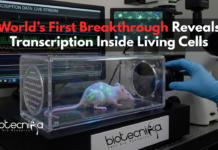

















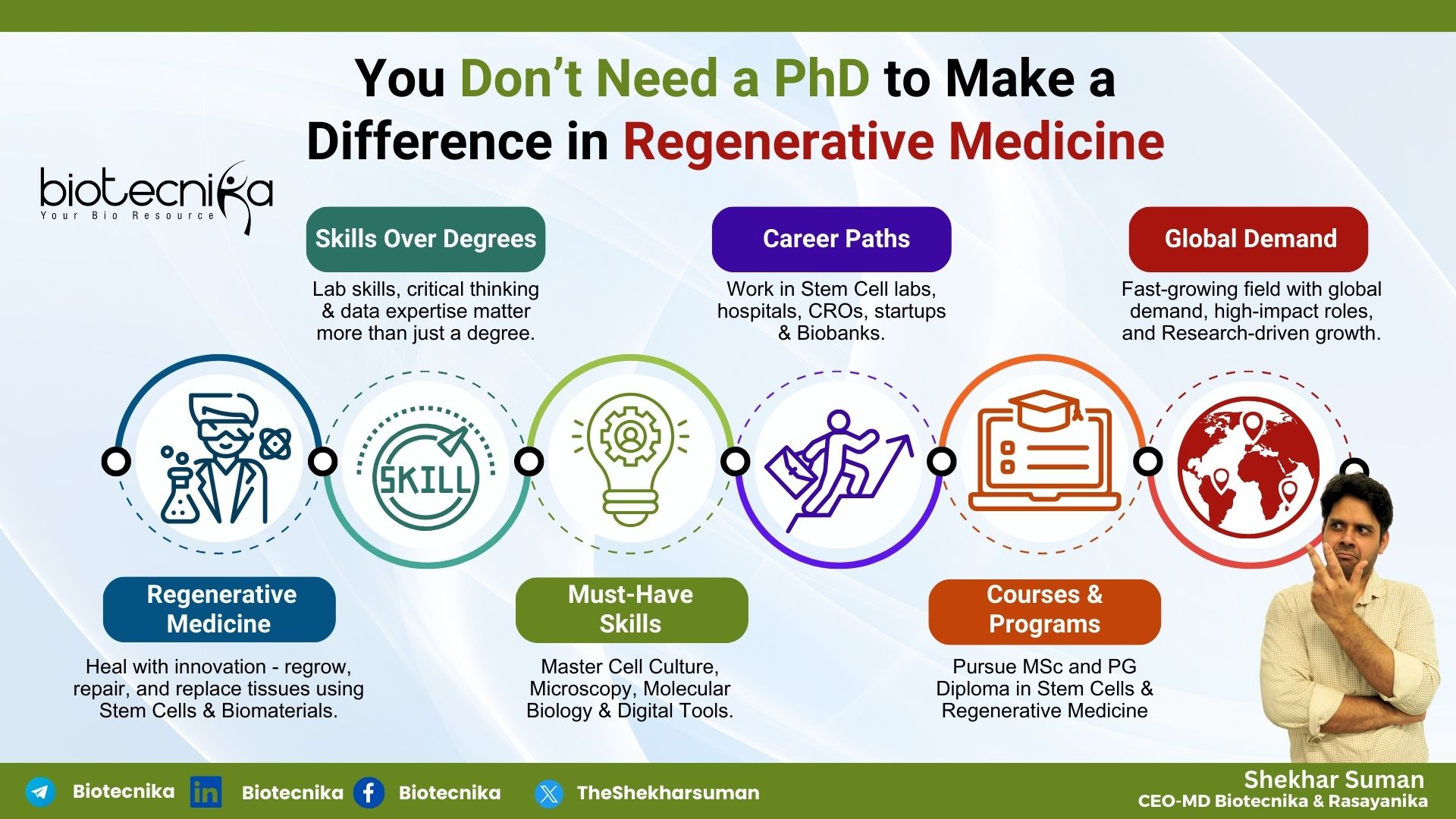
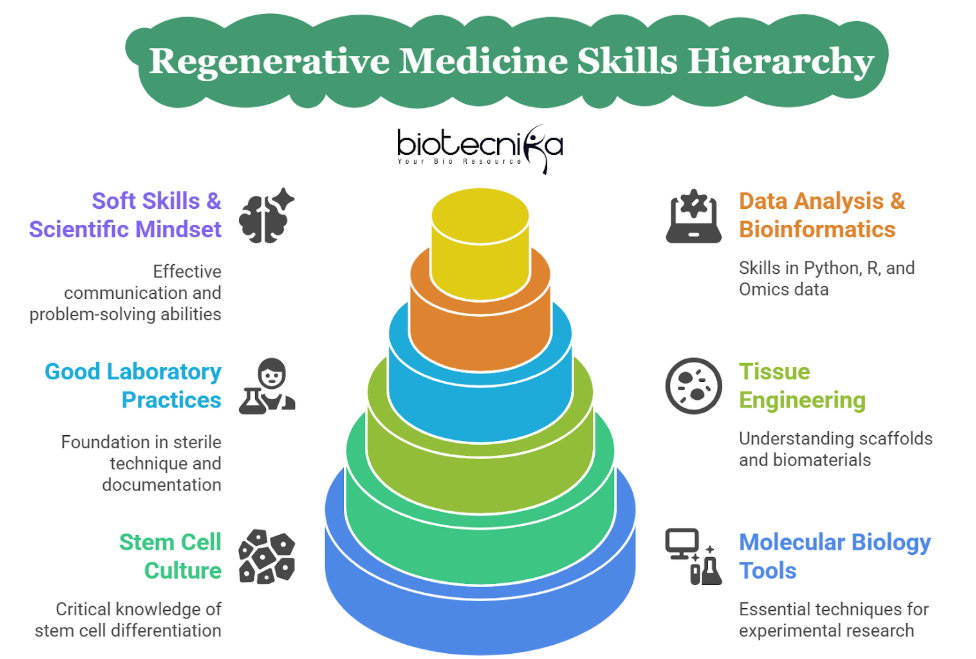
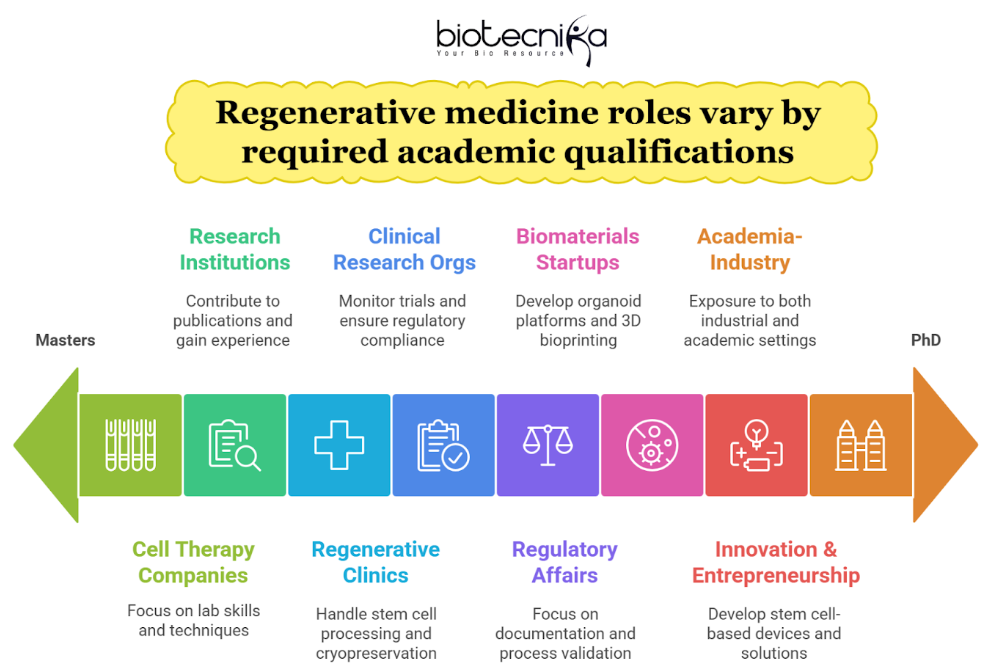

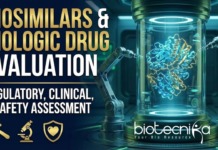







hi dear sir or mam my name is deekshith nd i am compliting diploma in lab technchine looking for job give me one opprtinuty
Would like to have regular knowledge updates
Am going ding English script on instead of hindi as i was using earlier with no hindi email hope it stays like this
Rupal Deva